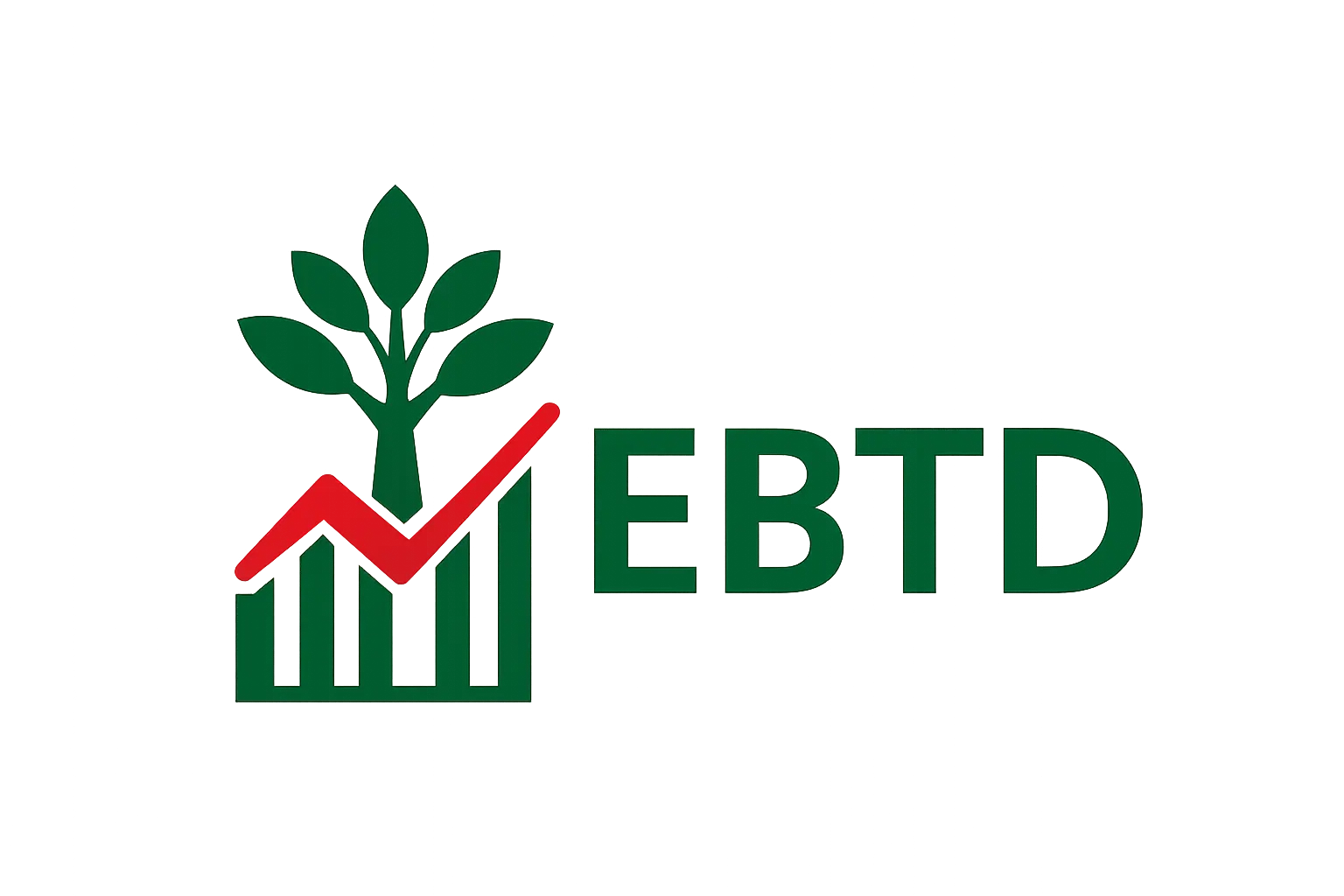Distance Learning
Radio-Based Distance Learning – “Ghore Bose Shikhi”
What it offers: During COVID-19, Bangladesh launched Ghore Bose Shikhi — over 600 radio lessons for primary students, aligned with the national curriculum and supported by teacher training.
This initiative demonstrated how low-tech, inclusive solutions can sustain learning continuity in emergencies and reach learners without digital access.
Useful for Bangladesh:
- Expands access through affordable, widely available technology.
- Provides a model for community-based or blended learning approaches.
- Highlights opportunities for future crisis-resilient education design.
Curriculum Reform
National Curriculum Framework 2022
What it offers: A transformative reform moving from rote memorisation to competency-based learning.
It integrates subjects, promotes critical thinking, and replaces early high-stakes exams with continuous assessment.
Useful for Bangladesh:
- Shifts focus from recall to reasoning and creativity.
- Encourages formative assessment and inclusive pedagogy.
- Creates opportunities for professional development and curriculum innovation.
Independent Research
CAMPE Education Watch Reports
Website: CAMPE Bangladesh
What it offers: Independent research tracking the state of education in Bangladesh, including teacher quality, equity, access, and post-pandemic recovery strategies.
Useful for Bangladesh:
- Provides evidence for policymakers and NGOs to guide interventions.
- Focuses on inclusion, teacher development, and system resilience.
- Supports data-driven planning aligned with SDG 4 goals.
Read more in the EBTD Local Research section →
